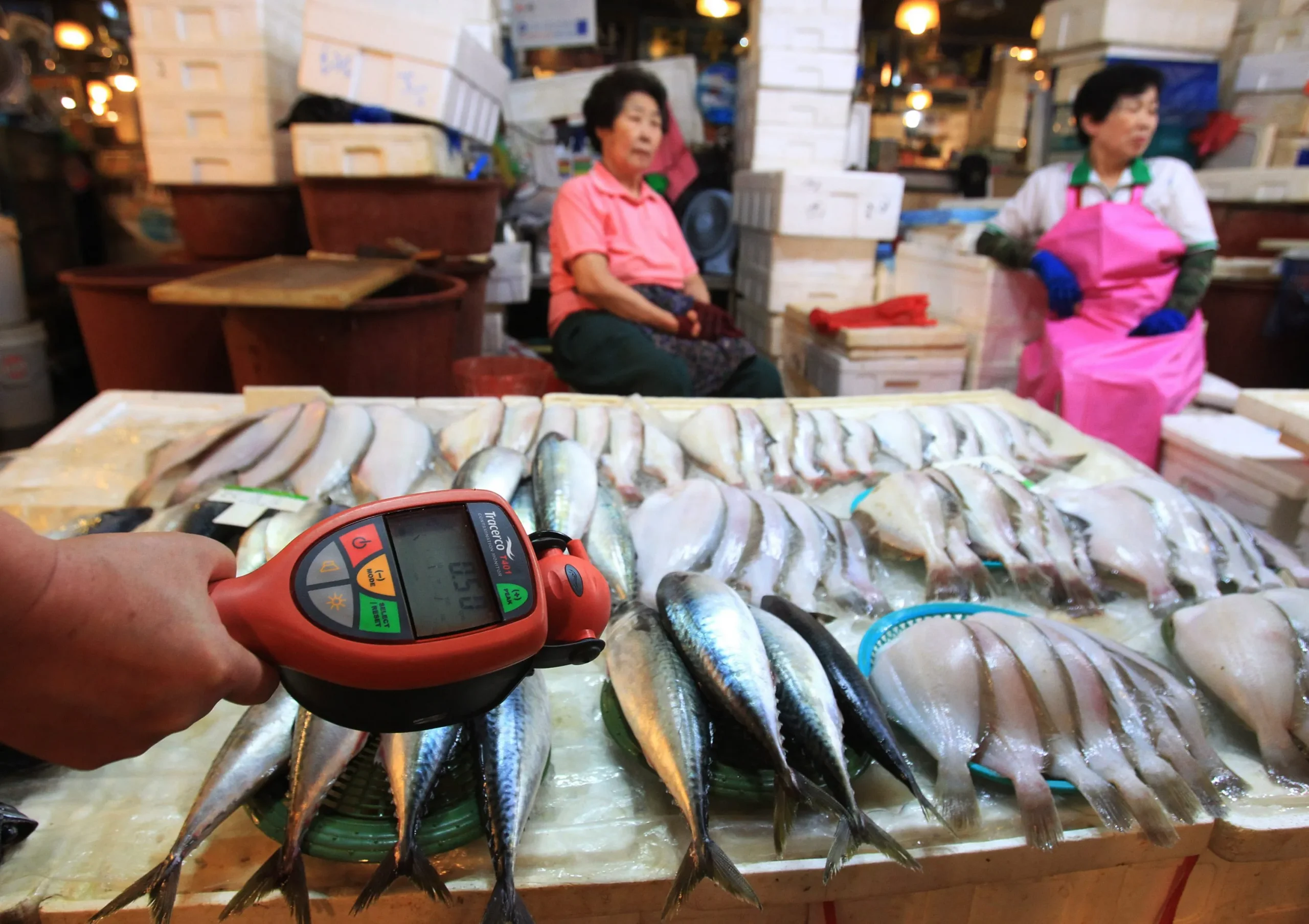BNR – China’s imports of Japanese seafood declined last month as Tokyo started discharging treated wastewater from the Fukushima nuclear facility.
According to China’s customs authority, imports of Japanese seafood plummeted by 67.6% in August compared to last year.
This sharp decline comes as a blow to Japan, as China was previously the largest global importer of Japanese seafood.
China imported 84.4 billion yen ($571 million) worth of seafood from its neighbour just last year.
The substantial fall in imports coincided with Japan’s preparations for the release of treated wastewater on 24 August. The entire discharge process is expected to span 30 years.
Complete Ban
On the same day Japan began the release, China announced a complete ban on all Japanese seafood imports.
Japan’s decision to release the water followed years of treatment and extensive safety evaluations. Furthermore, the country asserted that the discharged water is safe.
This view was supported by many scientists and approved by the United Nations’ nuclear watchdog.
Japan also emphasised that similar releases of treated wastewater are standard practice in other nuclear power plants worldwide. Moreover, it has been regularly monitored and reported that seawater near Fukushima exhibits undetectable levels of radioactivity.
Fukushima Incident Causes Hostilities
Despite these assurances, China vehemently protested the release and imposed the import ban.
This move led to instances of disinformation, including rocks being thrown at Japanese schools in China.
Additionally, reports have emerged of numerous hostile phone calls targeting local businesses in Fukushima.
In response, Tokyo has warned its citizens visiting China, urging them to take precautions and avoid speaking Japanese in public.
In an effort to mitigate the impact on the fishing industry, the Japanese government has pledged financial support.
Also, the company managing the Fukushima plant, Tepco, has offered compensation to local businesses affected by the release.
Japan Assures Safety
Japanese politicians have also taken steps to promote the safety of Fukushima seafood and water.
Prime Minister Fumio Kishida and former Environment Minister Shinjiro Koizumi participated in public activities to demonstrate their confidence in the safety of these products.
Economists believe that while the decline in seafood exports is significant, it is unlikely to have a major impact on Japan’s overall economy. They cited that the country’s exports to China are predominantly dominated by automobiles and machinery.
